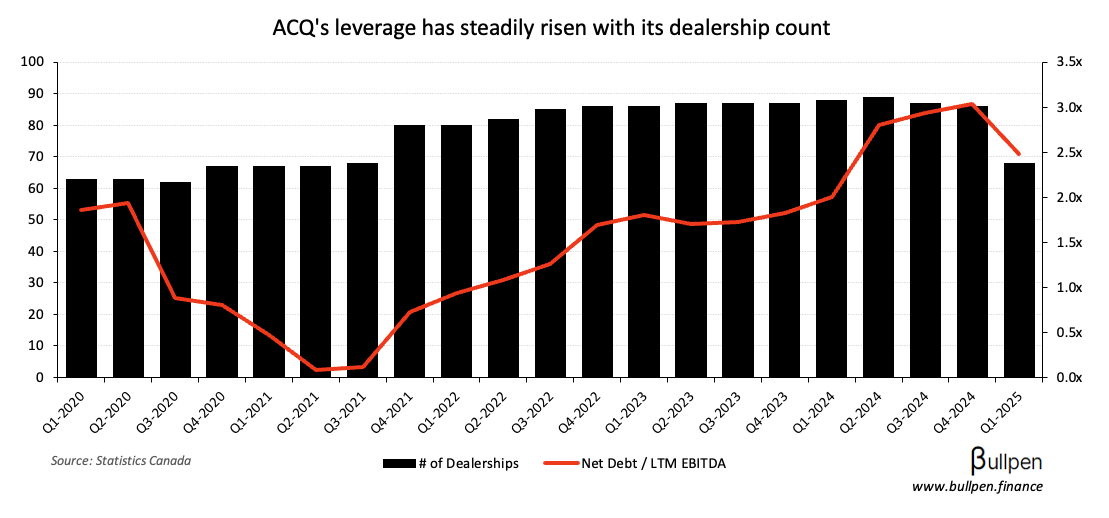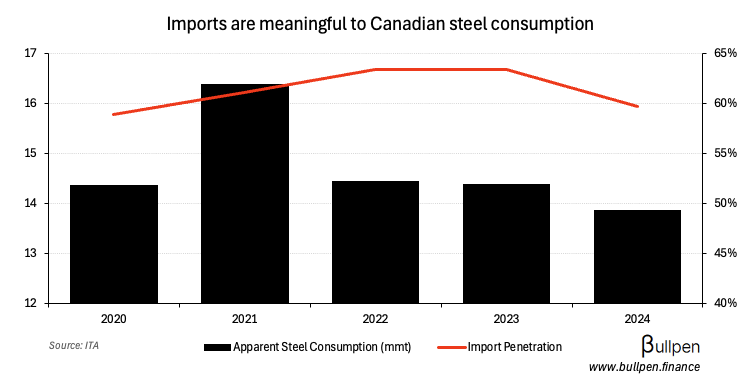Renewable Energy Headwinds Should be Par for the Course
Trump has moved swiftly to reignite America’s fossil fuel industry and slow the momentum in renewables created by the previous administration.
Since the inauguration he has:
moved to withdraw from the Paris Climate Agreement
declared a National Energy Emergency to speed up new (non-renewable) energy projects
signed an order to pause disbursement of funds from the IRA
issued an executive order halting all offshore wind leasing and permitting for 6 months
suspended all federal approvals for both onshore and offshore wind projects
ordered a review of existing wind energy leases for potential termination
As always, there are broad market implications from these moves, and impacts to Canadian companies.
With solar too big to fail, wind is in the scope
While expedited permitting excluded all renewables, the restrictive policy moves were targeted specifically at onshore and offshore wind. Solar has made it out relatively unscathed thus far, given how systemically important it is to the future power supply.

At roughly 14%, offshore and onshore wind take up a much smaller share of the power generation pipeline in the U.S., making it an easy target for an anti-renewable campaign.
Supply gap could drive higher power prices
While wind isn’t a huge piece of U.S. power development, natural gas and other non-renewable sources (coal, diesel, nuclear, etc.) account for an even smaller share at ~8%.
Given these are multi-year, and in some cases decade-long projects, it’s reasonable to assume a potential gap in supply could push prices higher, benefitting power producers with an existing U.S. footprint.

Some regions are more vulnerable to a potential supply gap than the country-level data would suggest. The U.S. northeast, where wind takes up a much higher share of current development and gas much less, could be impacted disproportionately.

Given Quebec’s importance to power availability in this region, Canada’s role in America’s electricity mix should become increasingly topical.

Valuation discount could lead to more M&A
Renewable power producers have traded at a historic discount for a prolonged period of time, making them a target for private equity in the last couple of years. Should the negative sentiment around the sector persist, we could see more takeouts in the future.

Get smarter on Canadian markets
Get our insight-packed coverage of Canadian markets delivered to your inbox 3x per week in 5 minutes or less.
You might be interested in...
Get smarter on Canadian markets
Get The Morning Meeting, our insight-packed Canadian markets newsletter delivered to your inbox 3x per week in 5 minutes or less.
Read by 500+ professionals from:

